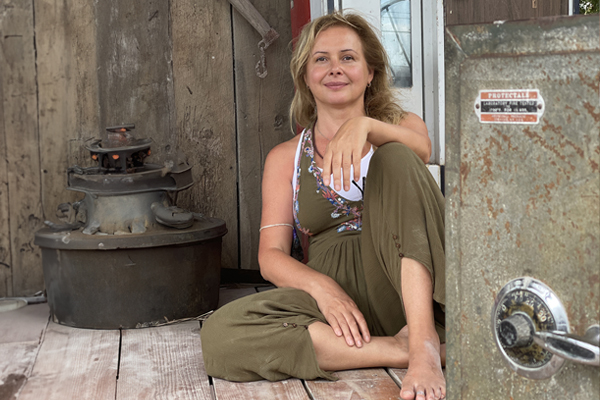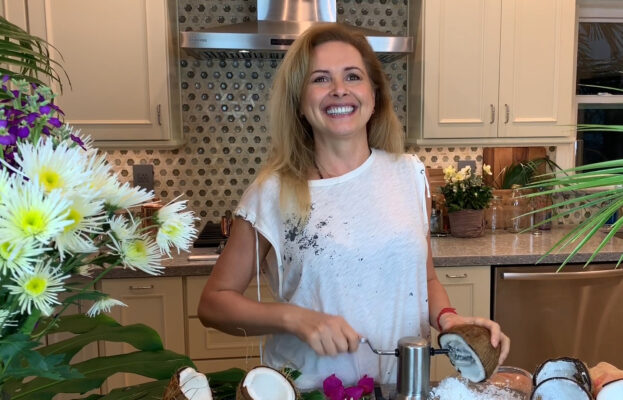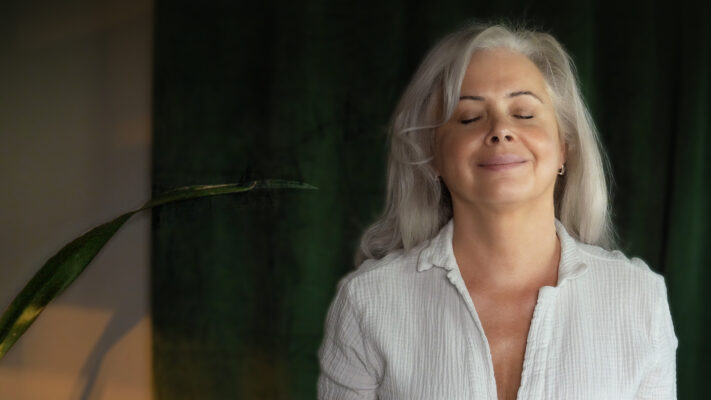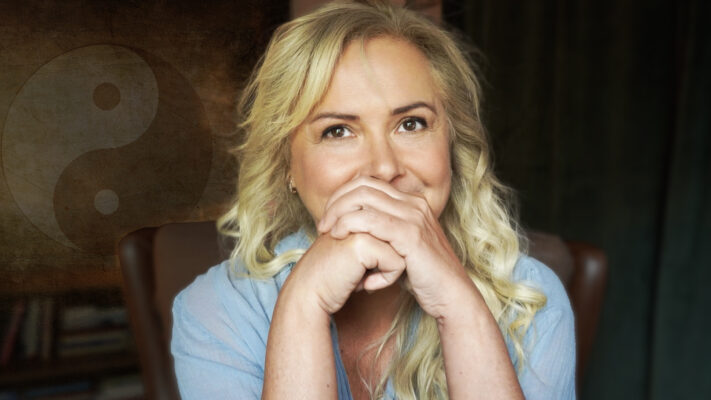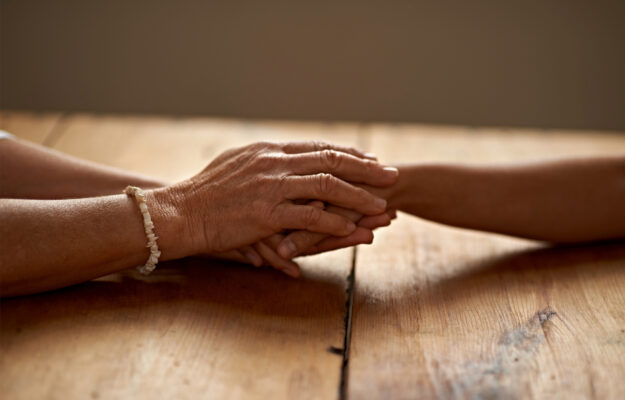“The foundation of your love for another person is the intimacy with yourself and your own needs”
Thich Nhat Hanh
Why is it hard to say NO?
Saying “no” can be difficult for many reasons. Perhaps you’re afraid of hurting someone’s feelings, or maybe you don’t want to miss out on an opportunity. Whatever the reason may be, it’s important to understand the root causes of the difficulty of saying “No” so that you can overcome them.
One reason why it’s hard to say no is that we’ve been conditioned to believe that saying “yes” is always the right thing to do. From a young age, we’re taught that being accommodating and selfless is admirable, and we’re praised for putting others’ needs before our own. While there’s nothing inherently wrong with being kind and helpful, this societal pressure to say “yes” all the time can make it difficult to set boundaries and prioritize our own needs.
Another reason why it’s hard to say no is that we may be afraid of conflict or rejection. Saying “no” can sometimes lead to disagreements or hurt feelings, and we may worry that this will damage our relationships with others. We may also fear that if we say “no,” we’ll be seen as selfish or unhelpful, which can be difficult to reconcile with our desire to be liked and valued by others.
In addition to these factors, some people may struggle to say no because they have been conditioned to comply with authority figures. Those leaders often use tactics to gain control over their followers and manipulate them to do their bidding. By instilling a culture of compliance and obedience, leaders can exert more power over their followers and convince them to prioritize the needs of the group or the leader over their own. This can make it particularly difficult for members to say no to demands from the leader or the group, even if those demands go against their own best interests.
Some of us may struggle to say no because we tie our self-worth to our ability to please others. We may believe that saying “yes” all the time is necessary to be seen as a good friend, colleague, or family member, and we may fear that saying “no” will lead to others thinking less of us. This constant need for validation and approval can make it difficult to prioritize our own needs and set healthy boundaries.
Overcoming the difficulty of saying “no” requires a shift in mindset. It’s important to recognize that setting boundaries and prioritizing our own needs is not selfish or a sign of weakness. By practicing self-awareness, self-compassion, and resilience through mindfulness, we can develop the inner resources we need to say “no” when necessary and to live a more balanced and fulfilling life.
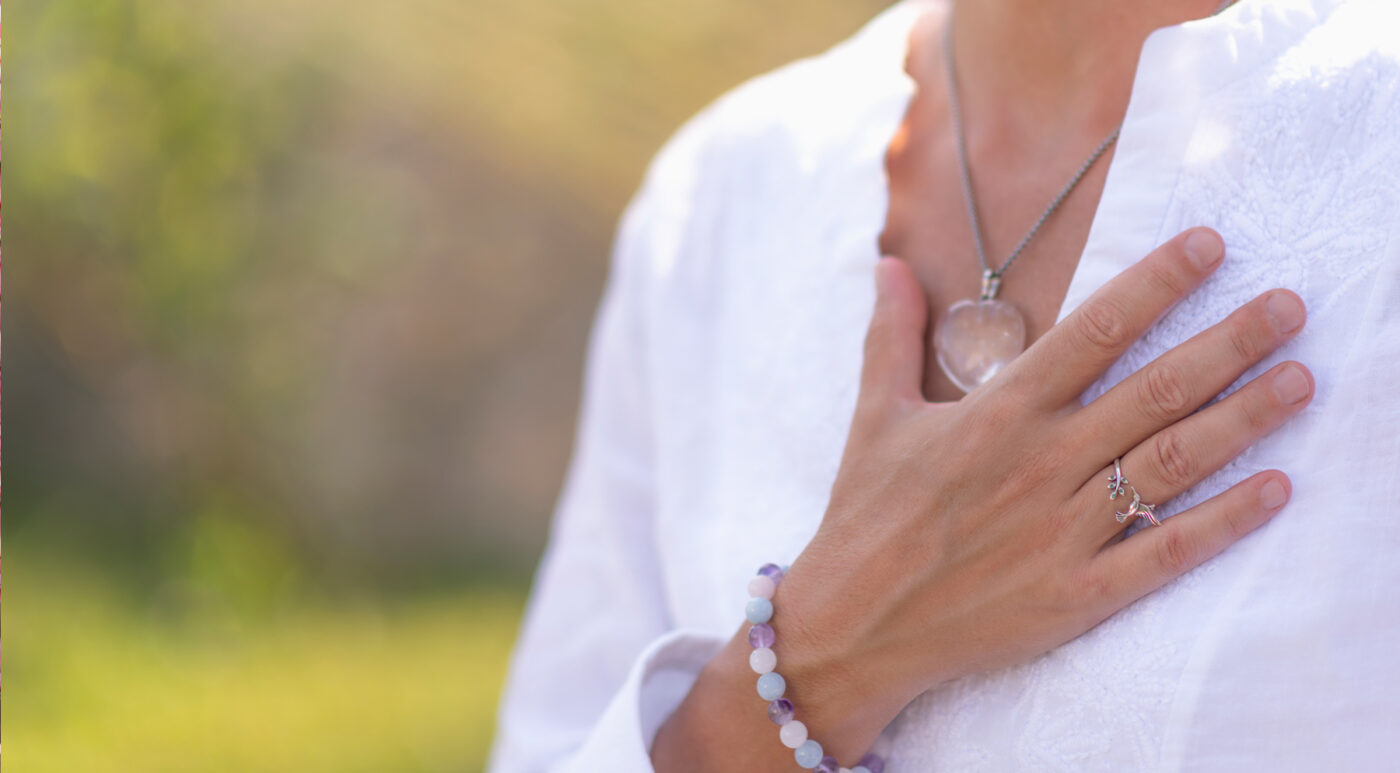
Learning to Say Yes to Yourself
How to say No to people? Here is how: In order to learn how to say No, you must learn how to say Yes first. Yes to Yourself.
You see, If you don’t know yourself and your own needs well, how can you ever know another person well enough to love them and give them what they want? I like the idea that I can Love you and myself at the same time. And if I love both at the same time, then it is easy to say No, because, at this moment, all I’m doing is choosing my well-being in the particular situation.
For a long time, I used to say yes to everything and everyone, often at the expense of my own needs and well-being. I genuinely thought that I had no limits, that I could help and do what and whenever needed, and that everything that came my way was my responsibility to take care of. I treated myself like I had endless reserves of energy, time, and emotional and physical capacity.
But then something shifted inside of me. I realized that in order to truly love and serve others, I needed to prioritize my well-being. I had to learn how to listen to my own needs and desires and honor them with the same respect and care that I gave to others. So I started to say no. It was actually quite liberating.

The Power of Saying No: Setting Healthy Boundaries
Saying no was a way of setting healthy boundaries, taking charge and valuing my time, accepting responsibility for my own well-being, and respecting my limitations. It was a way of saying, “I love you, but I love myself too, and I need to take care of myself in this moment.”
I started to see saying no as a form of respect and self-acceptance, and that changed everything. It was like a weight had been lifted off my shoulders. I felt more empowered, more confident, and more in control of my life.
Of course, saying no is not always easy. It can be uncomfortable, and it can sometimes lead to disappointment or conflict. But that’s okay. It’s part of the process of learning how to be true to yourself and your own needs.
What I’ve learned is that saying no is not a rejection of others but rather a commitment to myself. It’s a way of honoring your own worth and dignity and creating space for your own growth and self-care. Saying no can be an act of self-compassion and self-awareness.
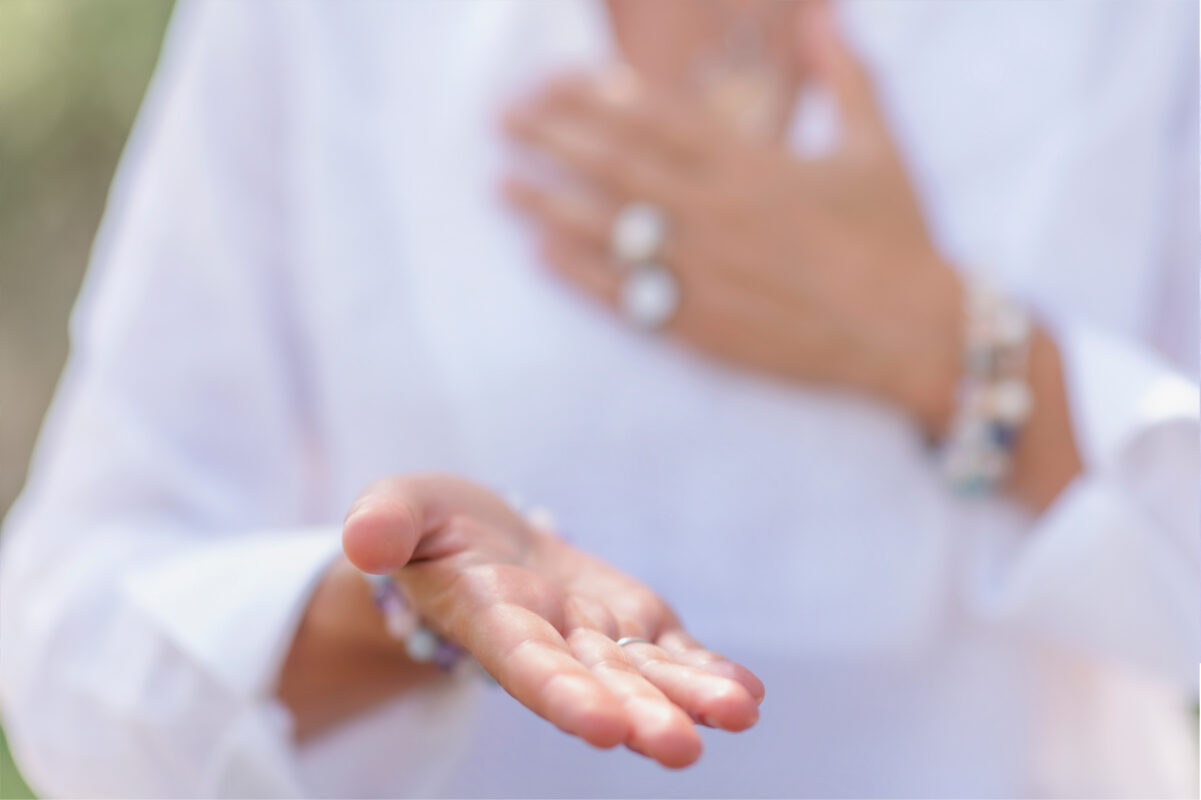
Approaching Boundaries with Openness and Flexibility
While some may argue that boundaries can be restrictive and anxiety-inducing, and in some cases, that can certainly be true, it’s important to remember that everyone’s needs and experiences are unique, and what works for one person may not work for another.
At the same time, I do think that the concept of boundaries can be a helpful one in certain situations. By setting clear and respectful limits, we can take responsibility for our own well-being and prevent ourselves from being taken advantage of or mistreated by others. But it’s important to approach boundaries with a sense of openness and flexibility, rather than rigidly enforcing them at all costs.
The Dangers of Erasing All Boundaries
I once encountered a group that taught that erasing boundaries was the path to spiritual enlightenment. While it may have seemed liberating at first, I later realized that this philosophy led to feelings of anxiety and confusion. Upon reflection, I came to understand that healthy boundaries can actually be beneficial for our well-being and relationships with others.
I think it’s important to question teachings that advocate for the complete obliteration of boundaries and to prioritize our own well-being and intuition in any spiritual or personal path. While obliterating all boundaries can be a valid spiritual path, it can make a person vulnerable to manipulation, abuse, and neglect.
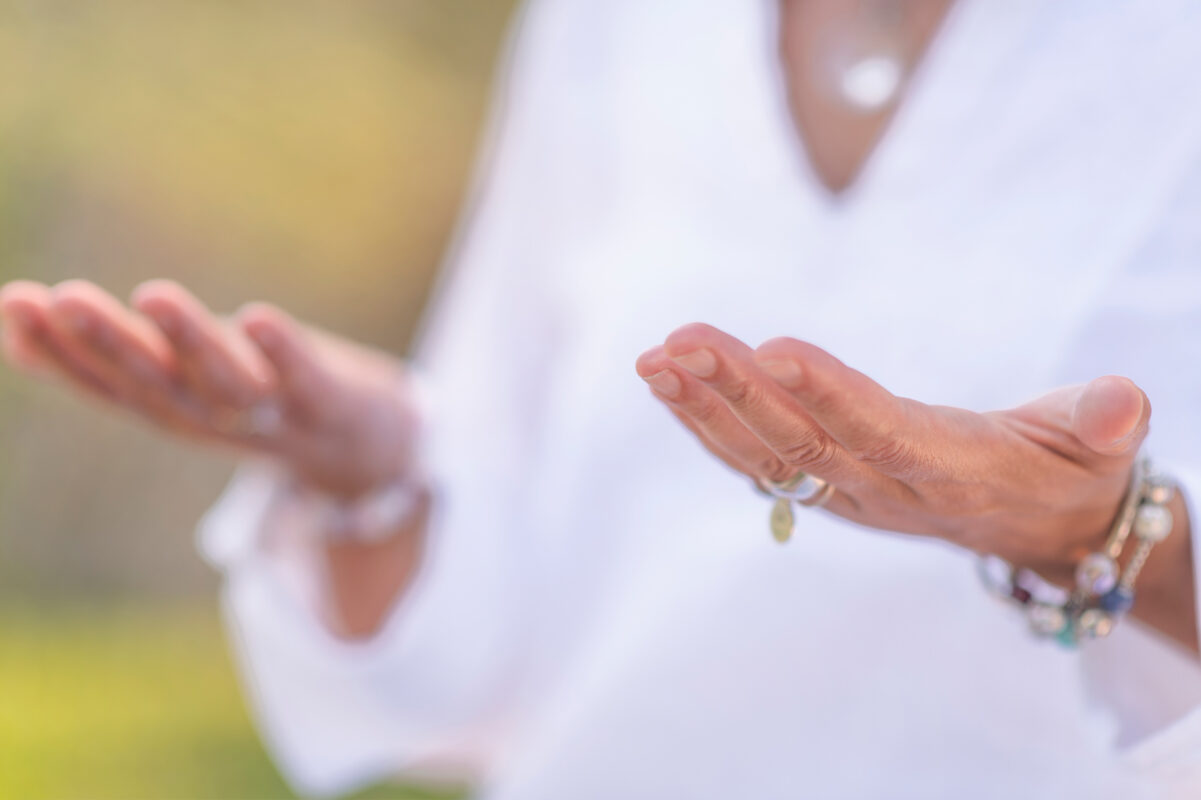
Mindfulness Practices for Saying No with Self-Compassion
In order to say no with self-compassion, it can be helpful to incorporate mindfulness practices into your daily life. Here are a few tips:
- Practice Mindful Self-Awareness: Before responding, pause and take a deep breath. Check in with your body and emotions, and notice any feelings of discomfort or hesitation. This can help you respond with greater clarity and intention..
- Use “I” statements to express your needs and feelings, such as “I need some alone time right now” or “I feel overwhelmed by this request”.
- Practice self-compassion by reminding yourself that it’s okay to say no and that you are not responsible for others’ reactions or emotions.
- Look at saying no as an act of kindness and respect for yourself and others, as it allows you to show up fully and authentically in your relationships.

More Tips on how to say “No”
Here are some more tips to help you say “no” with confidence and grace:
- Use Positive Language: Instead of just saying “no,” try framing your response in a positive way. For example, “I would love to help, but unfortunately, I can’t right now.”
- Show Empathy: Acknowledge the other person’s perspective and needs. Try to see the situation from their point of view and show compassion and understanding.
- Offer Creative Solutions: If you can’t fulfill a request, think outside the box and offer alternative solutions. This can show that you’re still invested in finding a solution, just in a different way.
- Keep it Brief: You don’t need to over-explain your decision. A simple and honest response is usually enough.
- Prioritize Self-Care: Remember that it’s okay to prioritize your own well-being and set boundaries. Saying “no” is an act of self-care and shows that you value your time and energy.
- Expect Pushback: Some people may not take your “no” well, but that’s okay. Stay mindful and compassionate, and remember that you have the right to decline a request or invitation while still honoring your own needs.
I think that the key to saying no to others is to cultivate a sense of self-awareness and self-compassion. By being in touch with our own needs and desires, we can approach difficult situations with clarity and confidence. And by remaining open and empathetic to the needs of others, we can find ways to navigate complex social dynamics with grace and kindness.
Be Alive 🌱
Love ❤️, Julia
Feel More Connected and Less Alone 💞
GUIDED MEDITATIONS 💗
conversations 💞
DISCLAIMER: The materials and the information contained on the Positive Pranic website are provided for general and educational purposes only and do not constitute any legal, medical, or other professional advice on any subject matter. None of the information on our videos is a substitute for a diagnosis and treatment by your health professional. Always seek the advice of your physician or other qualified health providers prior to starting any new diet or treatment and with any questions you may have regarding a medical condition. If you have or suspect that you have a medical problem, promptly contact your health care provider.








